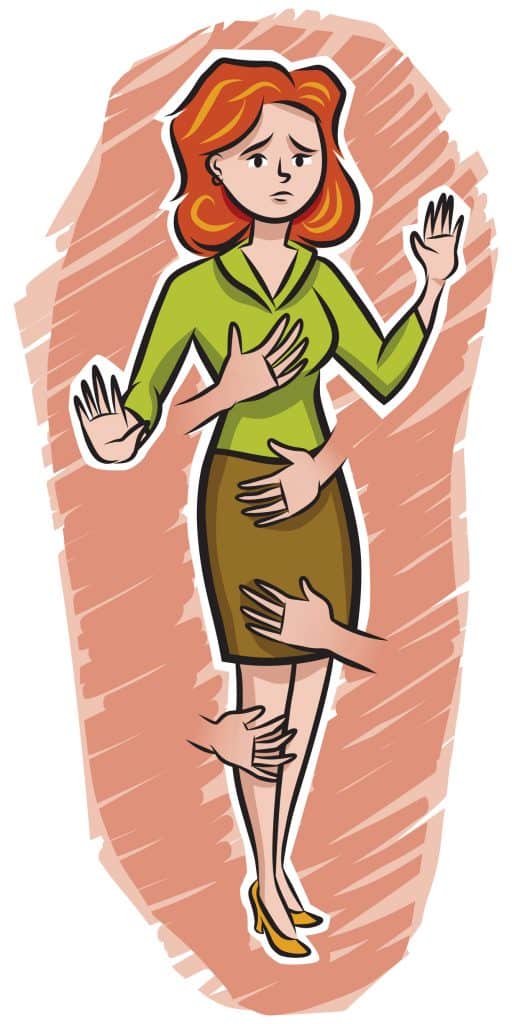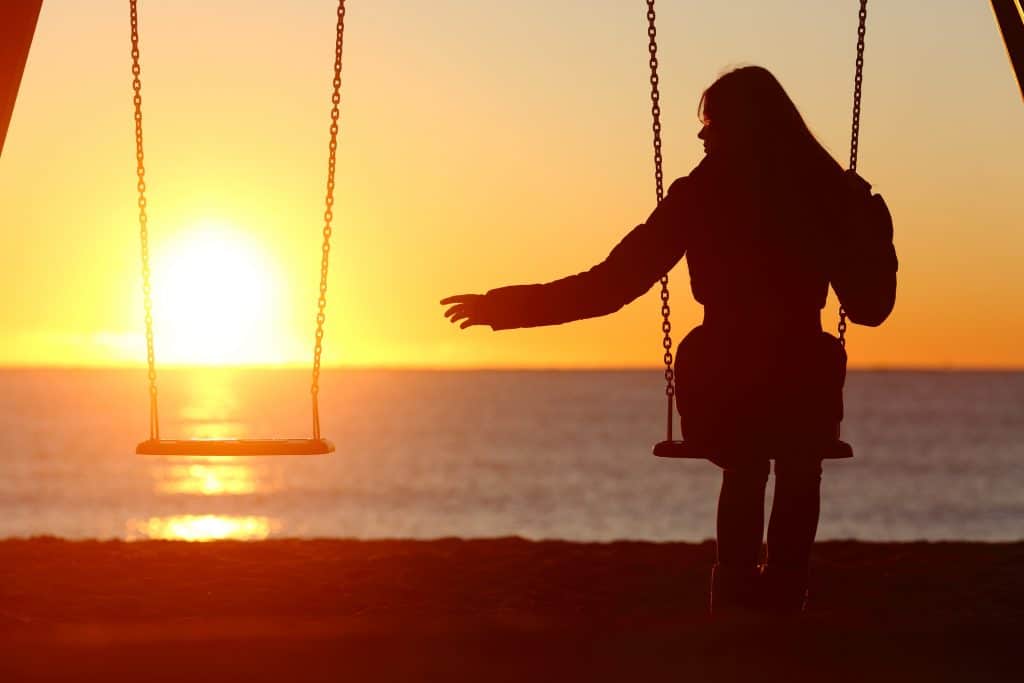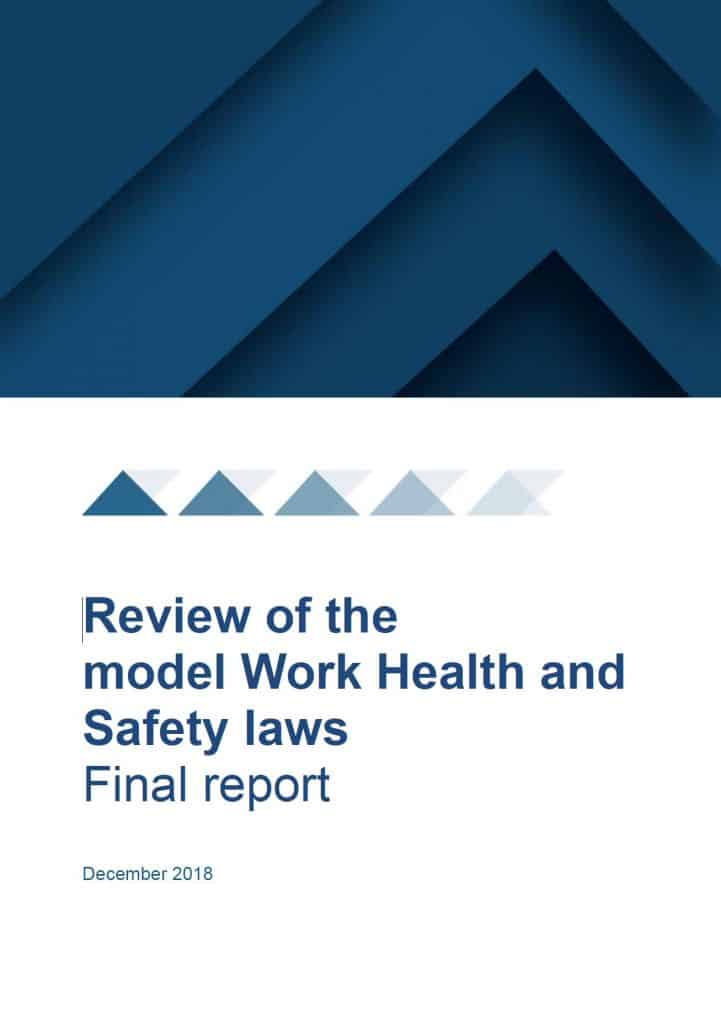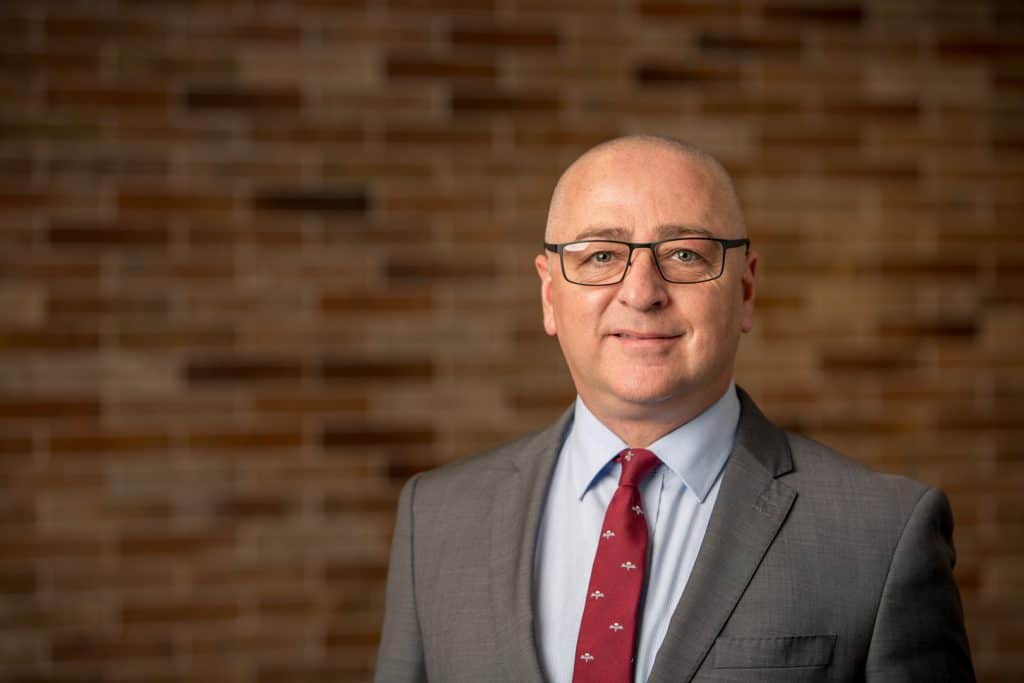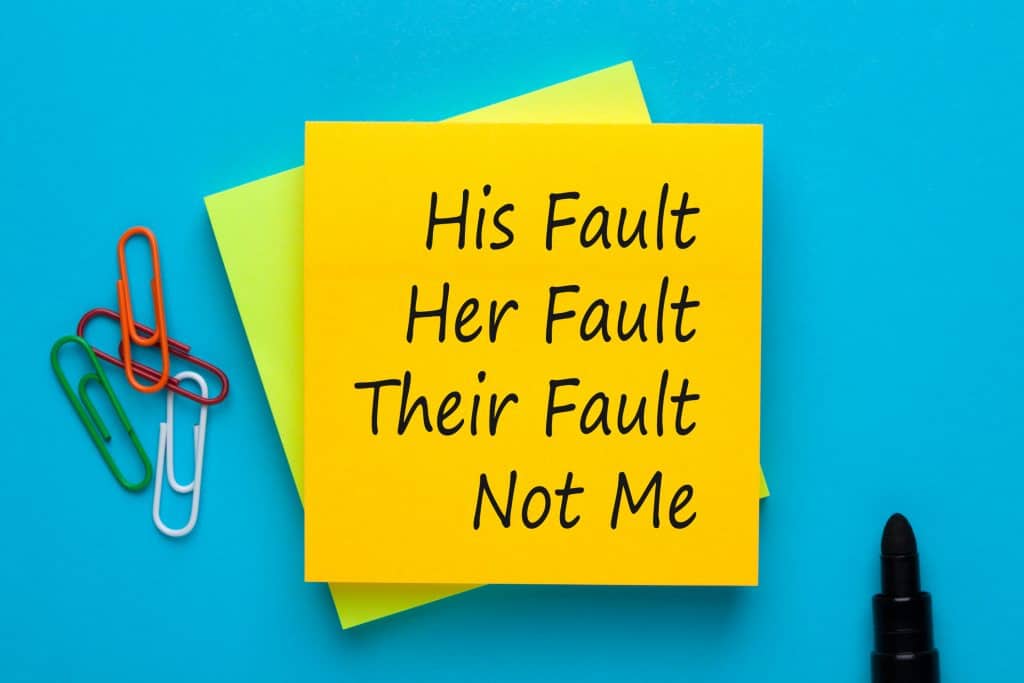SafetyAtWorkBlog had the opportunity to interview Marie Boland earlier this week after the release of her review into Australia’s Work Health and Safety (WHS) laws. Below is an edited version of that interview.
Marie, thanks for talking to me, it’s a terrific report you’ve produced. What was it like to undertake a national investigation of this type, given that it was pretty much you and just a couple of others?
…It was quite daunting at the beginning, but as I said in the introduction and nothing kind of clichéd about it, it was very much a privilege to be able to do it. And the privilege was enhanced by having the opportunity to go travel all around Australia, and some places I’ve never been before like Tamworth and what it really brought home to me was the diversity of people, workplaces, geography and that these laws are covering and the diversity of people who are dealing with the laws on a daily basis. So, it was certainly a once in a lifetime experience for me I suppose, and maybe a point in history for the laws as well.
I was very much aware throughout the process of my privilege and being able to do it and also the waves of expectation I suppose and this being the first review of the national laws and also very much aware of all the work that went into creating the laws in the first place. And certainly, a lot of the people who put so much effort into that work were still obviously very keen on how they were being applied and as I said I was very conscious of respecting all of that as I went around the country.

